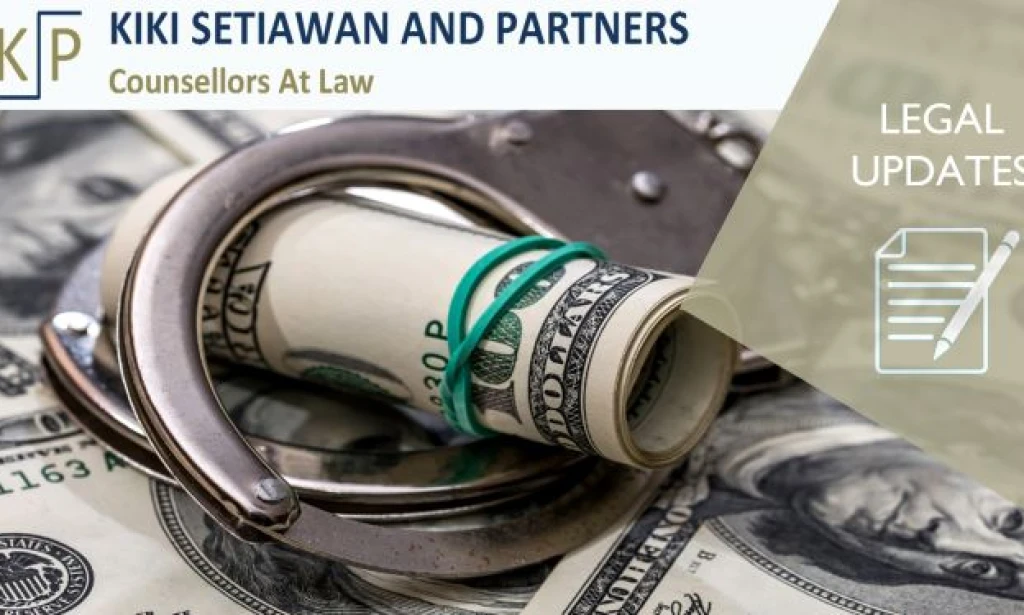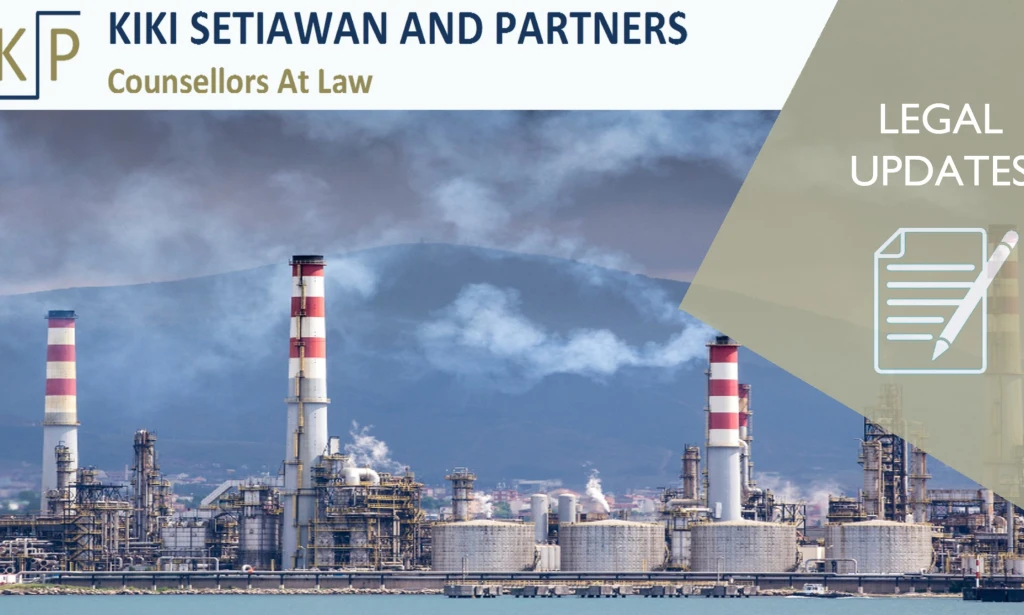
Understanding The Specific Rule for Financial Services Aggregation Providers (Pahami Aturan Khusus Bagi Penyelenggara Agregasi Jasa Keuangan)
Read More
The Investigation Authority on Criminal Acts in the Financial Services Sector (Kewenangan Penyidikan Tindak Pidana di Sektor Jasa Keuangan)
Read More
Bursa Karbon Indonesia untuk Perdagangan Unit Karbon
Read More
Indonesia Financial Services Authority (OJK) Expands Scope of Significantly Fluctuating Market Condition for Share Buyback
Read More
Larangan Melakukan Transaksi Komersial Melalui Kanal Media Sosial
Read More
New Regulation on QRIS Tariff Increase to 0.3%
Read More
Policy Guarantee Program To Improve Customer Trust In Insurance Industry
Read More
The Job Loss Guarantee Program in Indonesia
Read More
Workers Protection and Business Continuity During The Covid-19 Pandemic
Read More









